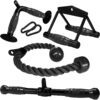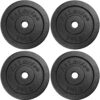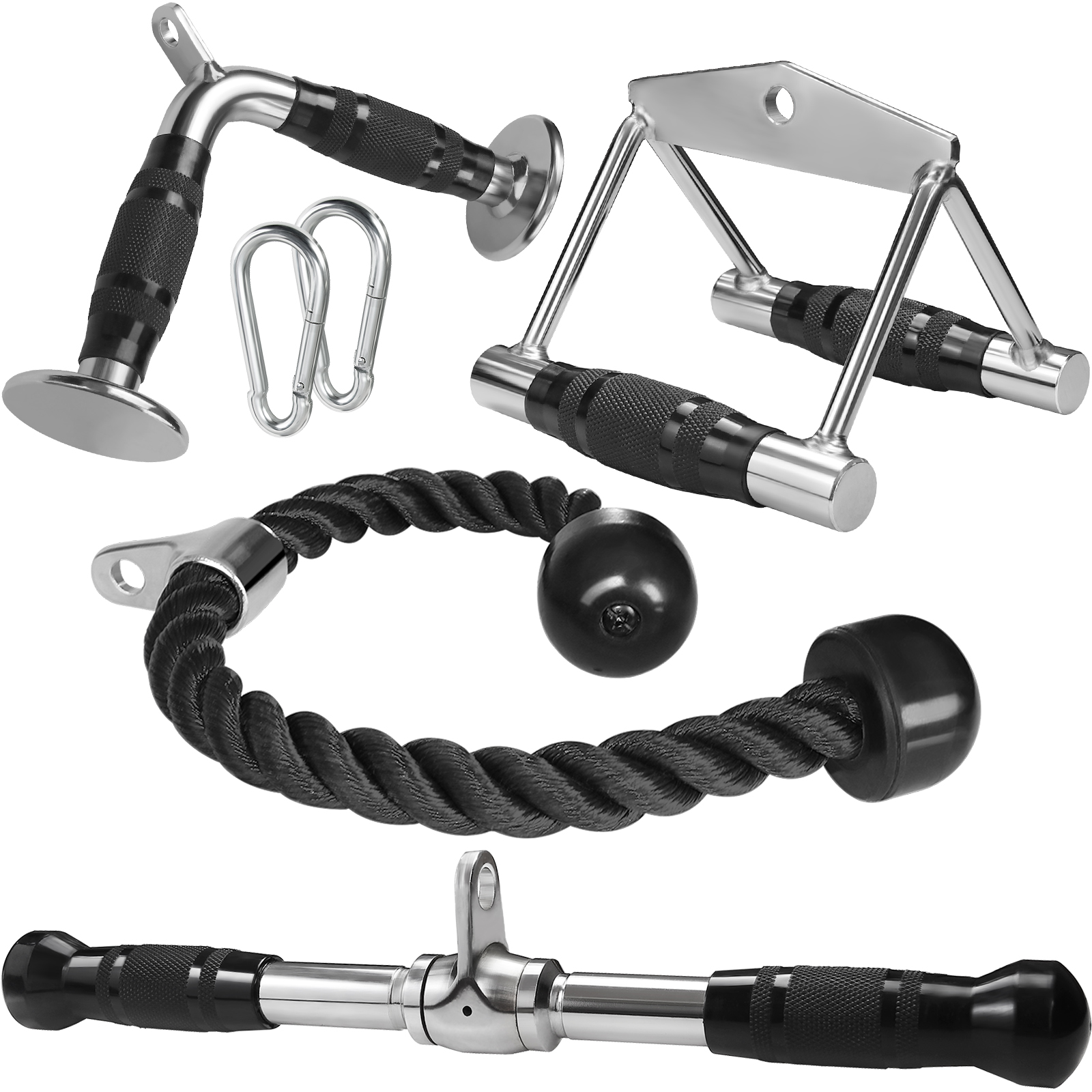5 Reasons You’re Not Losing Weight
Weight loss is a process—one that doesn’t always happen as quickly as you might like. While safe, healthy weight loss does take time, there are reasons you might not be losing weight that are worth considering as you gauge your progress.
For example, maybe you’re committed to a regular workout, but you’re not burning enough calories. Or maybe you’re burning enough calories but you’re then consuming too many in return. Perhaps you are exercising enough and eating well, but you have a medical condition interfering with your ability to lose weight.
Many things can influence weight loss, some of which may be more obvious than others. It’s worth considering all of them as you work to make changes that will get you results.
Not Getting Enough Sleep
Lack of sleep can contribute to weight gain. A 2018 review found those who slept fewer than seven hours a night were more likely to have higher average body mass indexes and develop obesity.1 Researchers speculate that sleep deprivation can:
- Increase levels of ghrelin, a hormone that regulates hunger
- Affect salt retention and markers of inflammation
- Decrease levels of leptin and insulin sensitivity, other hormones responsible for weight control
Getting enough sleep is crucial if you’re trying to lose weight, not just because of how it affects you physically, but mentally as well.
Sleep deprivation can make you feel cranky, confused, irritable, and even contribute to depression. It can affect your activity level and food choices.
Getting up and going to bed at the same time every day, avoiding stimulants like caffeine several hours before bedtime, and other sleep hygiene changes can go a long way in improving the rest you get.
Feeling Stressed
Stress and weight gain, or lack of weight loss, go hand in hand.2 Constant stress can contribute to several health problems, including affecting your weight-loss program.
- Cravings: When we’re stressed or unhappy, many of us reach for “comfort foods” that are high in sugar and fat.
- Cortisol: Like sleep deprivation, too much stress increases the production of cortisol. Not only does this increase appetite, but it can also cause extra abdominal fat storage.
- Motivation: Feeling down, tired, or stressed can make a workout seem too daunting.
Taking short moments throughout the day to consciously check in with yourself and lower your tension levels is a good starting place for dealing with chronic stress. Mindful meditation can help bring more calm to your life.
Keep in mind that chronic stress may not easily be solved on your own. Talking with a counselor or your doctor can help you identify your stressors and the best ways to manage them.
Eating too much
One of the most important factors in weight loss is how many calories you’re eating versus how many calories you’re burning—or the concept of calories in vs. calories out.
It may seem obvious, but unless you’re tracking your calories each day, you may be eating more than you think. In fact, research has found that most of us underestimate how much we’re eating, especially when we go out to eat.
People tend to significantly incorrectly estimate how many calories they consume while simultaneously overestimating the calories burned during activity.45
For example, when assessing the calorie content of fettuccine Alfredo or chicken fajitas at a restaurant, participants underestimated calories by 463 to 956.6 That’s a pretty big discrepancy and one that could easily affect weight loss goals. To more closely track your diet, try these tips.
Experiencing Slow Metabolism
Metabolism can slow for several reasons, one of which is age, particularly if you don’t preserve your muscle mass. Some estimates show that muscle mass declines about 4% each decade from ages 25 to 50. Since lean muscle burns more calories than fat, building and maintaining muscle is vital for metabolic health and weight loss.78
If you’re still eating the same number of calories as your metabolism drops, your weight may creep up over time. Start exercising and lifting weights now to keep your metabolism in check. Exercise helps to burn extra calories and lifting weights will help you to burn muscle. Adding muscle to your frame helps you to burn more calories even when your body is at rest. Of course, check with your healthcare provider before getting started.
Exercising Too Little
Exercise is, of course, a crucial element to weight loss, but it’s hard to know if you’re doing the right workouts or burning enough calories. Start by looking at your overall program to get a sense of how much you’re exercising and how much you really need.
For weight loss, experts often recommend 60 to 90 minutes of moderate exercise each day. If you’re doing high-intensity workouts, that number drops to up to 30 minutes.
If you’re not close to that, this gives you a place to start. This doesn’t mean you have to start working out for almost two hours a day, however. In fact, that’s a bad idea if you’re not used to that level of exertion, as it could lead to injury, burnout, or overtraining.
You may need to increase your workout time and intensity to match your weight loss goals. Or, you need to change your weight loss goals to match your activity.
Don’t forget; it’s not just about structured exercise. Working out for an hour doesn’t cancel out the next eight or nine hours of sitting (something many of us do).
In addition to exercise, try to be as active as you can: Take regular breaks from the computer, take walks whenever possible, stretch, wear a pedometer to see how many extra steps you can get in, limit your TV time, etc.
If you spend more than 8 hours sitting, that could be one more reason you’re having trouble losing weight. If you find your workouts are hit-or-miss, it’s important to find ways to stay on track.
Source: verywellfit











